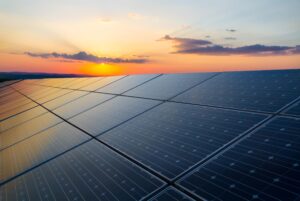The Good News: Solar Incentives Are Making Malaysia Brighter Right Now
If you say “solar malaysia” at a coffee shop these days, you’ll hear a lot of acronyms like NEM, LSS, GITA, and others. But what do these benefits truly mean for families and businesses who desire to adopt solar power? There are a variety of solar incentives in Malaysia that make it easier for people and businesses to switch to sustainable energy.

Let’s talk about the Net Energy Metering (NEM) program first since, to be honest, everyone is talking about it. With NEM, you may create your own solar electricity and send any extra power to the Tenaga Nasional Berhad (TNB) grid. They’ll “buy” your extra at market rates, and your power bill will go down faster than ice cream melts in the sun. Since the 2021 NEM 3.0 update, there are three kinds of NEM: NEM Rakyat for homes, NEM GoMEn for government buildings, and NEM NOVA for businesses. There are good and bad things about each one, but the rule of thumb is that the more you make and don’t utilize, the less you spend.
The Large Scale Solar (LSS) program is good for big solar farms and enterprises. If you want to own a lot of land and do a lot of activities, this incentive is for you. The government arranges bidding rounds for companies to show off their plans for solar farms. The companies who win sign contracts to transmit electricity straight to the national grid. LSS projects have grown to offer hundreds of megawatts each since 2017, and the government is making things even harder.
The Green Investment Tax Allowance (GITA) and the Green Income Tax Exemption (GITE) are useful for enterprises who don’t want to spend a lot of money right once. GITA decreases the taxes you pay on money you spend on green projects, while GITE lowers the taxes you pay on money you make from green services. Buy solar panels and pay less tax, in easy English.
When you add all of these factors together, you have a lot of reasons to use solar energy. You might have to fill out some forms, make a few phone calls, and maybe even get a nice push from your local installer, but the benefits are quite real. fewer money spent, fewer pollution, and more Malaysians who see the sun as their savings account. Not a bad method to navigate through the storm of rising energy expenses, is it?
